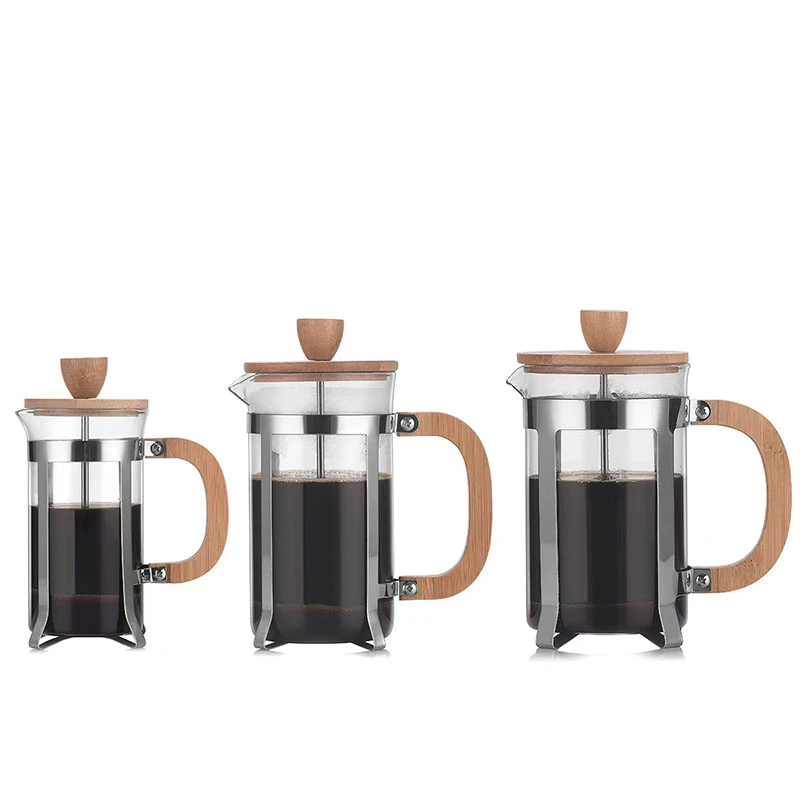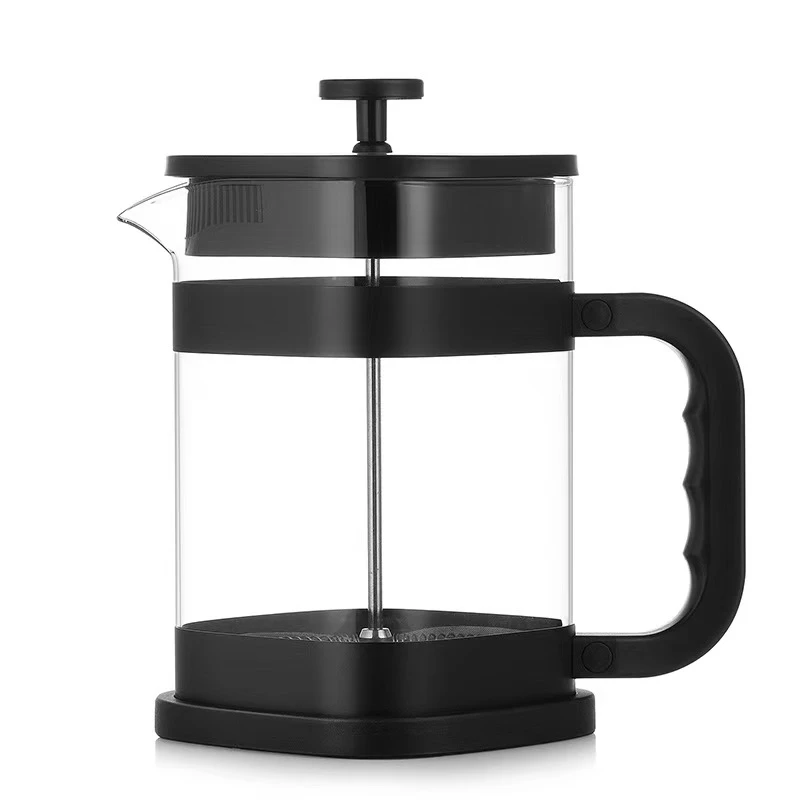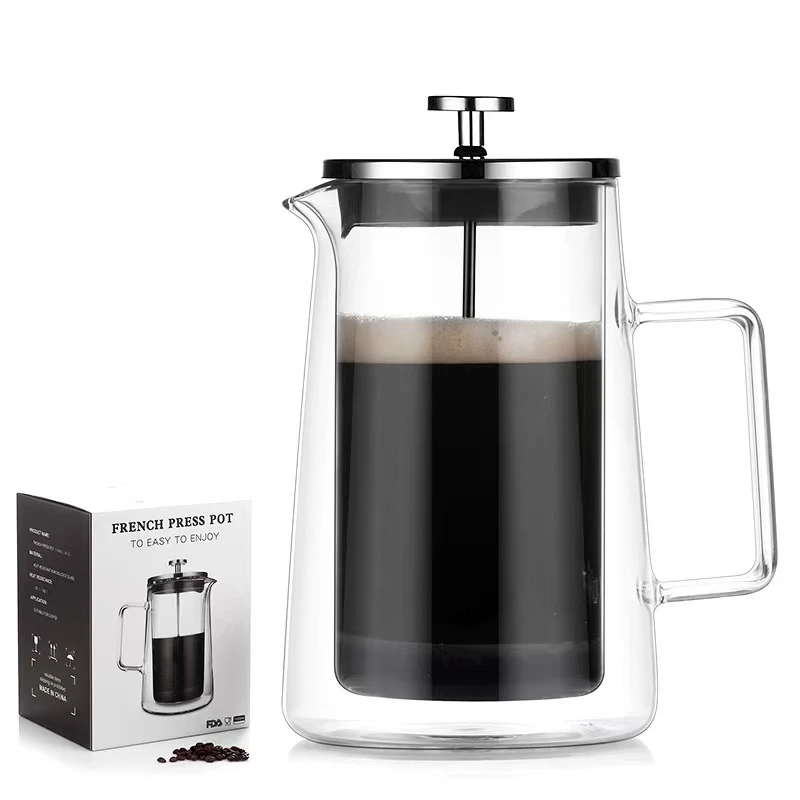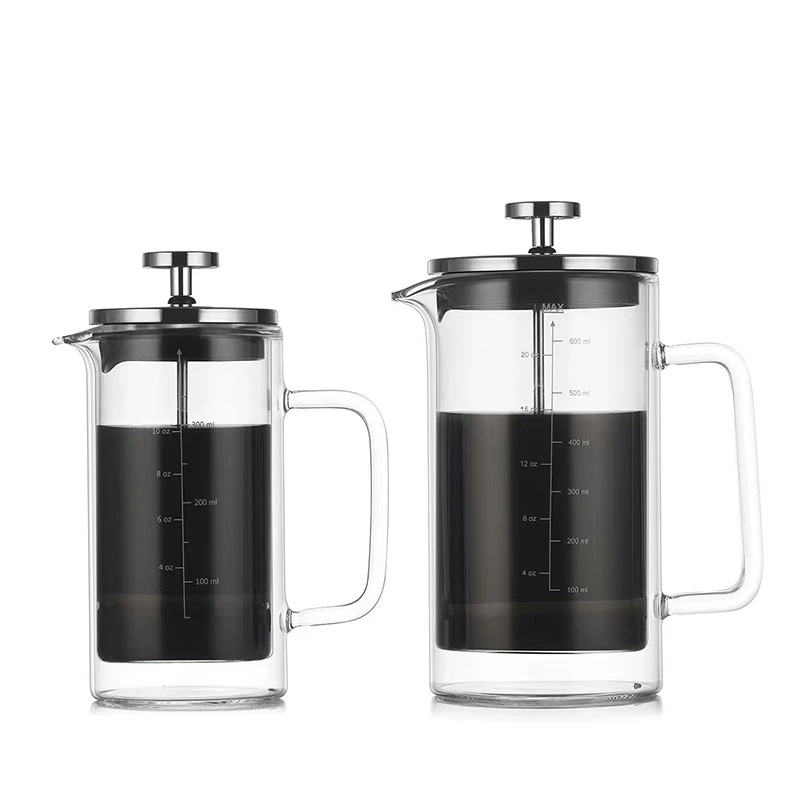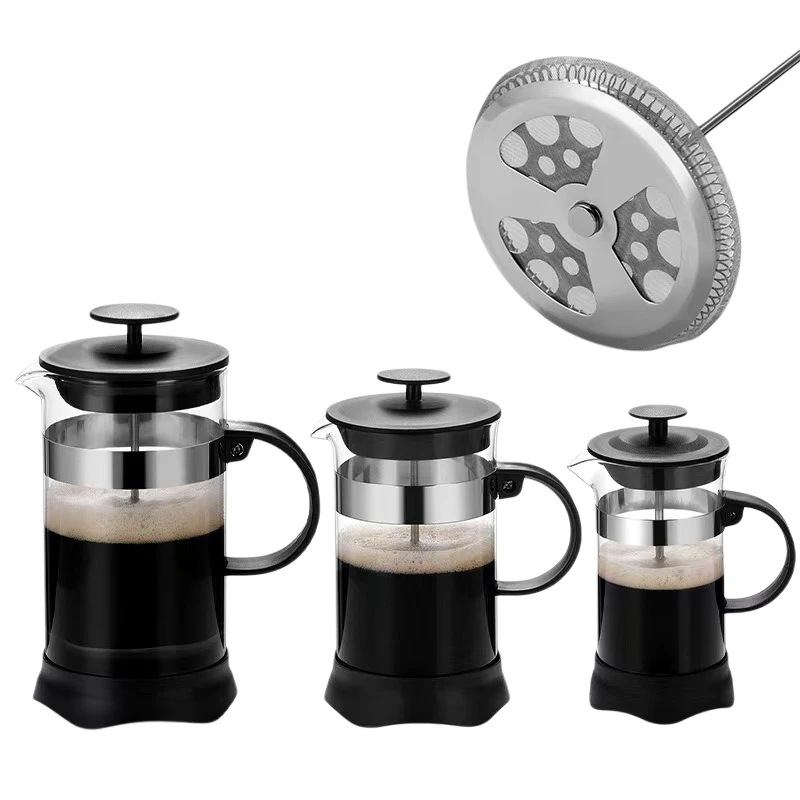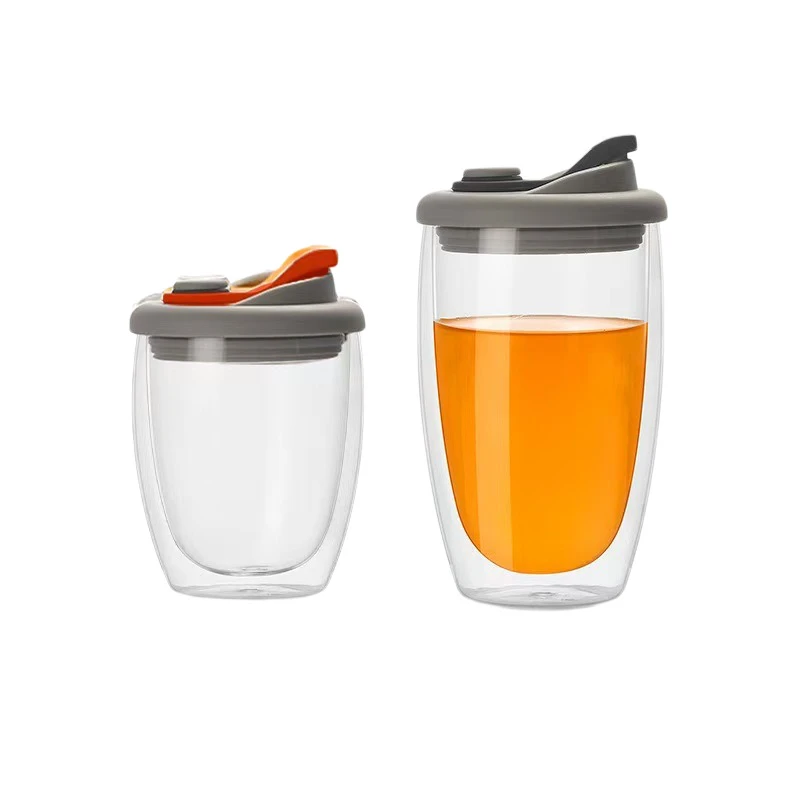 TEL: +86 311 67799298
TEL: +86 311 67799298 Email: tina@yintoglassware.com
Email: tina@yintoglassware.com
Advanced Vacuum Tight Containers - Seal Freshness Longer
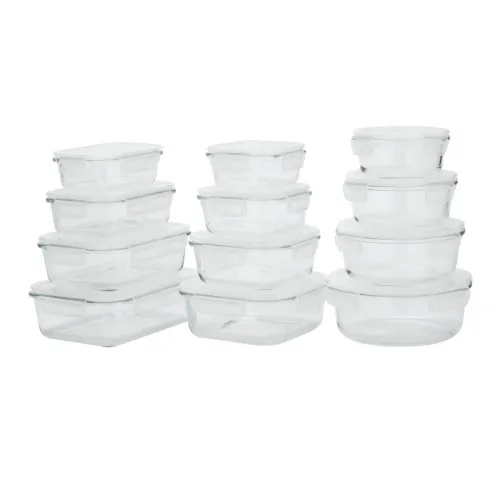
Industry Trend: Why Vacuum Tight Containers Lead the Future
The global market for vacuum tight container111s is projected to exceed $6.3 billion USD by 2027, with a CAGR of 6.2% (MRFR Report 2023). Driven by the growth in meal prep container111s vacuum seal, the demand for advanced food storage, pharmaceutical, and industrial sealing technology is surging. This shift responds to consumer priorities for extended food freshness, waste reduction, and regulatory pressure for safety and hygiene (ISO 8573, FDA, ANSI standards).
- Food Services: Rising adoption in commercial kitchens–67% of top restaurants use vacuum sealed container111s for perishables.
- Industrial Applications: Vacuum seal reliability is essential for semiconductor, petrochemical, and biopharm industries.
- Sustainability: Glass-based vacuum tight container111s cut single-use plastic waste by up to 88%.
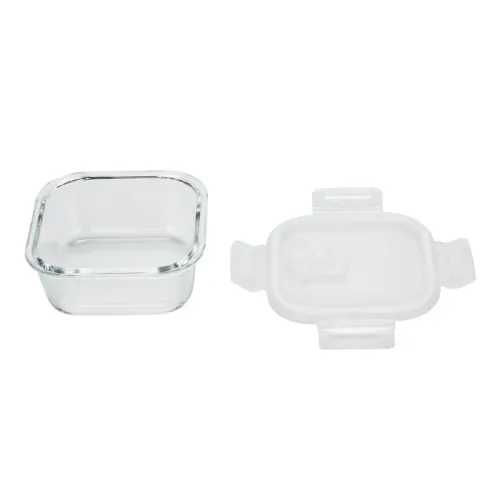
Core Technology: What Makes Vacuum Tight Containers Exceptional
Vacuum tight container111s integrate precise manufacturing and materials science to withstand internal/external pressure differentials, preventing gas and moisture ingress or egress. Leading solutions, such as the Glass Food Storage Container with Food-grade Plastic Lid, exemplify this with:
- Material Integrity: Borosilicate glass resists thermal shock, corrosion, and mechanical stress, suitable for FDA and ISO food contact standards.
- Sealing Technology: High-tolerance silicone gaskets and engineered plastic lids enable vacuum sealing up to -0.9 bar, tested per ISO 22090.
- Multi-industry Use: Qualified for use in food, pharmaceutical, chemical, and R&D applications.
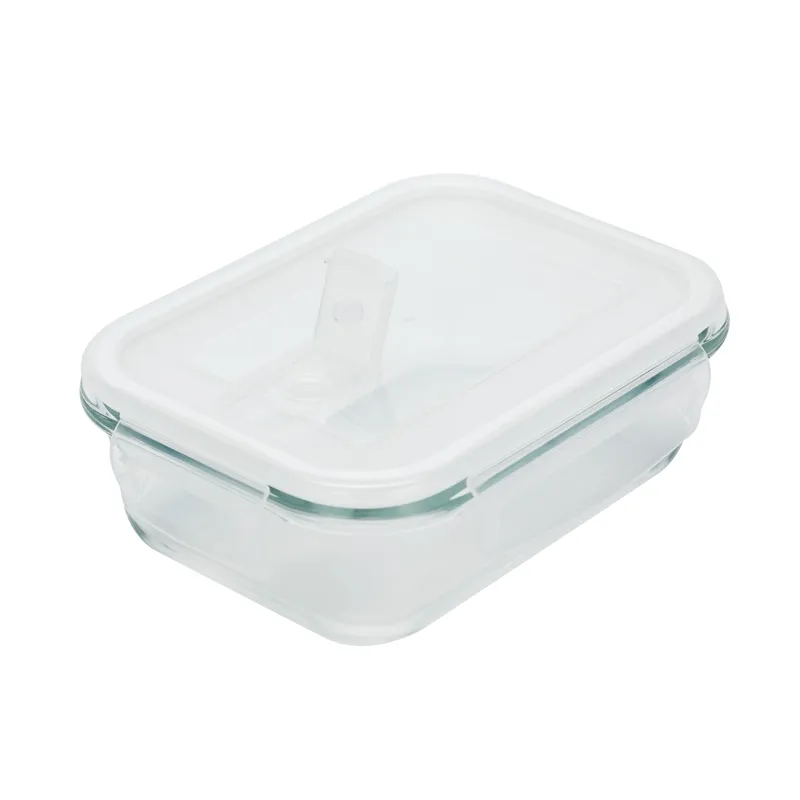
Product Parameters & Specification Table
| Product | Material | Seal Type | Vacuum Rating | Temperature Range | Certifications | Cycle Life |
|---|---|---|---|---|---|---|
| Glass Food Storage Container with Food-grade Plastic Lid | Borosilicate Glass + Tritan Lid (Food-grade PP) | Vacuum Silicone Gasket | -0.9 Bar (13 psi) | -40℃ to 400℃ [Glass]; -40℃ to 120℃ [Lid] | FDA, ISO 9001, SGS | 10,000+ Open/Close Cycles |
| Generic Plastic Vacuum Container | PP/PC Plastic | Snap-on/Silicone Ring | -0.5 Bar (7 psi) | -20℃ to 110℃ | FDA, CE | 3,500 cycles |
| Stainless Food Sealer Container | 304 Stainless Steel | Lid with Clamp + Silicone | -0.8 Bar (12 psi) | -40℃ to 220℃ | LFGB, ISO 22090 | 4,500 cycles |
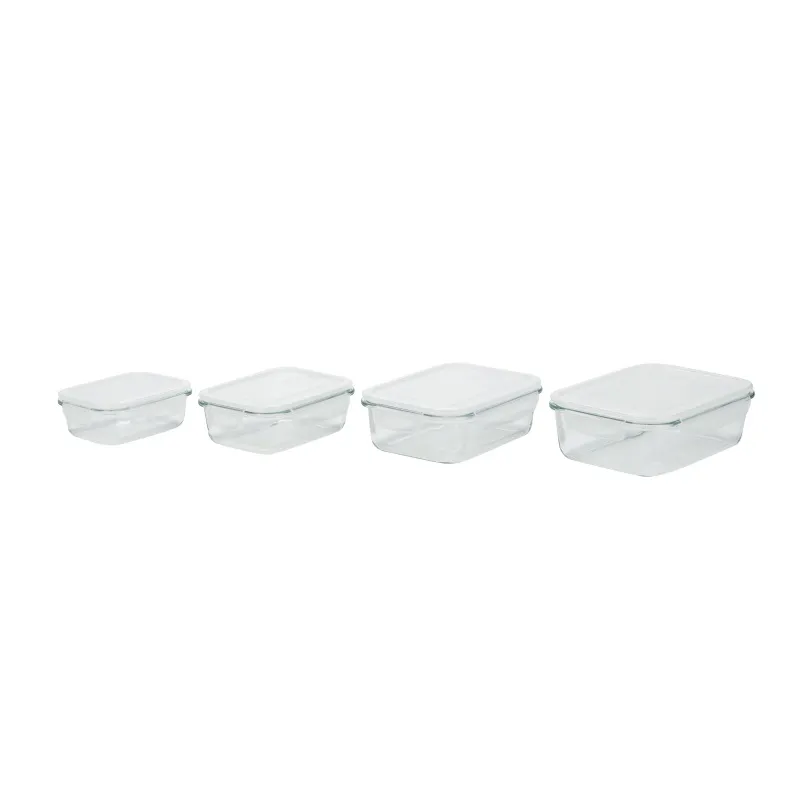
Technical Index Comparison: Glass vs Stainless vs Plastic
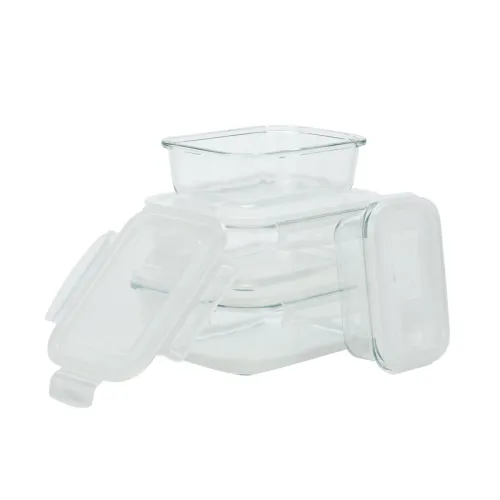
Manufacturing Process of Vacuum Tight Containers (Glass+Plastic Lid)
Borosilicate glass batch & food-grade polymers
1450°C precision glass melting, molding/blow-molding
Reduces internal stress; increases toughness
CNC-milled molds for PP/Tritan
Silicone gasket integrated, tested up to -0.9 bar
ISO 22090 vacuum, pressure, and thermal cycling
Laser code for production tracking
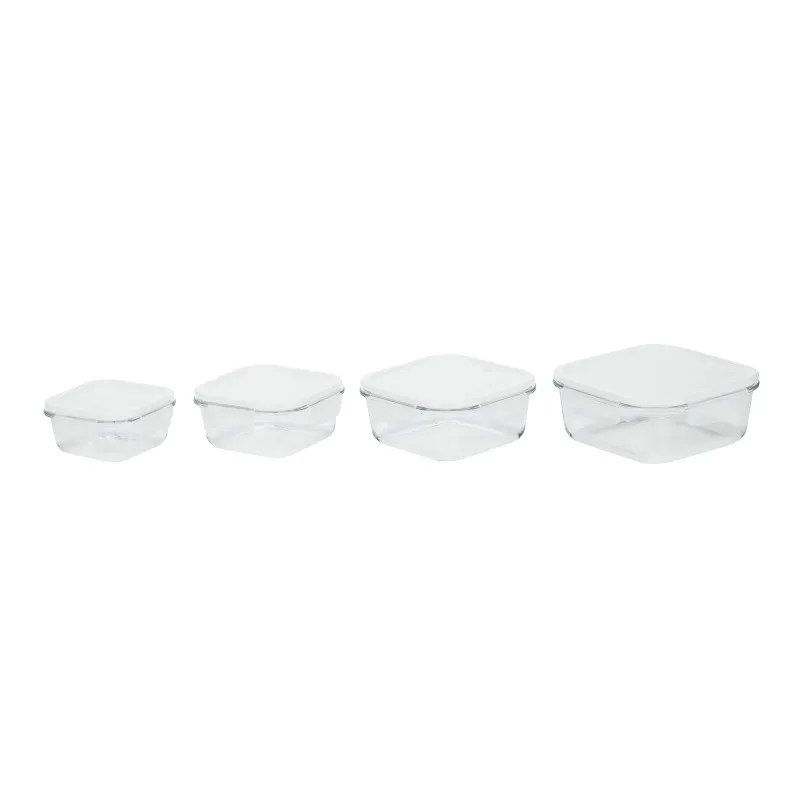
Process Highlights:
- CNC (Computer Numerical Control) machining ensures lid edge precision to 0.02mm, reducing leak rate risk.
- 100% tested for leak tightness using helium leak detectors (ISO/FDIS 20484-1).
- Compliance with US FDA, EU 1935/2004, and ISO 9001:2015 for quality control.
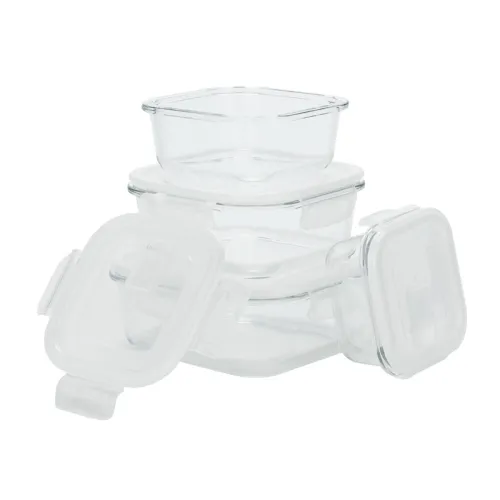
Key Applications & Industry Use Cases
- Food Service/Meal Prep: Ensures freshness up to 5x longer than non-vacuum container111s, reducing spoilage and cost.
- Pharmaceutical Manufacturing: Prevents contamination of solvent-sensitive/API ingredients, meeting GMP and ISO 22090 containment norms.
- Chemical/Industrial: Airtight glass is ideal for aggressive solvents, acids, and regulated chemical transport; highly valued by petrochemicals and metallurgy labs.
- Domestic: Meal prep, portion control, leftovers—maintaining flavor and nutritional value.
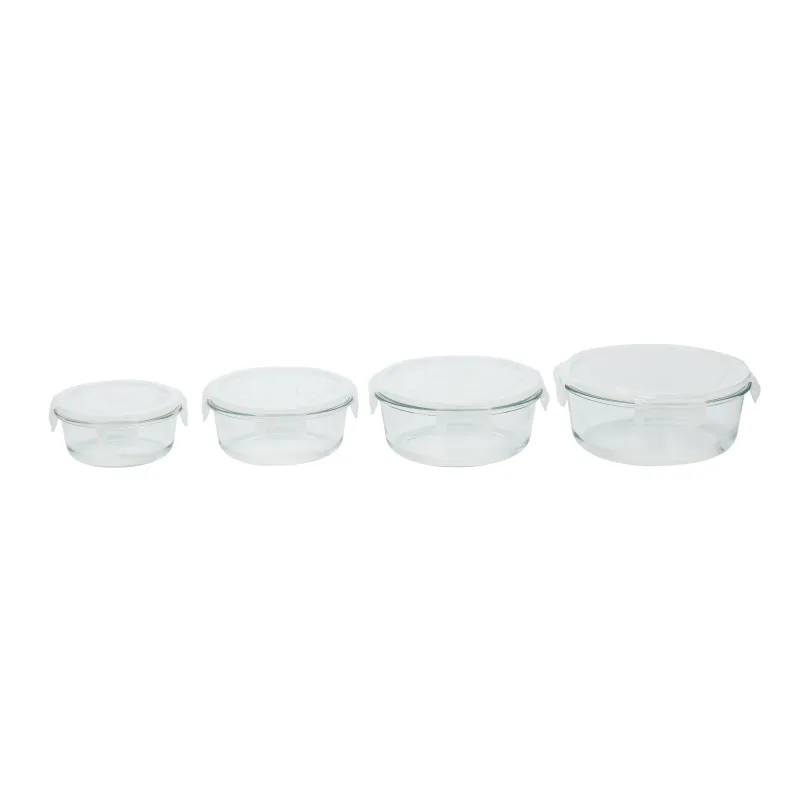
Application Distribution for Vacuum Tight Containers (%)
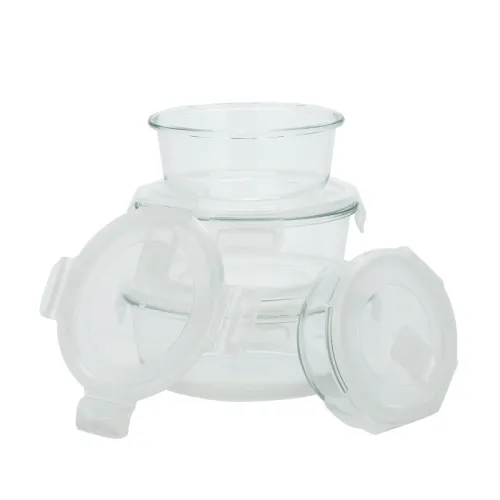
Real-World Case Studies: Enhancing Value With Glass Food Storage Container with Food-grade Plastic Lid
Result: Reduced food waste by 48% and labor cost by 12% using vacuum tight container111s for mass meal prep. Quality audits showed zero contamination over a 9-month trial.
Result: Critical reagents preserved for 60 days (versus 8 days in non-vacuum) following GMP. ISO 22090-certified container111 traceability ensured compliance.
Result: Eliminated rancidity in high-fat pet food batches; multi-lab tests confirmed shelf-life extension of 270% using food sealer container111s.
Long-Term Performance: Seal Strength (Vacuum Retention) Over Time
Why Choose Glass Food Storage Container with Food-grade Plastic Lid?
- Extended Service Life: FDA/SGS-certified borosilicate is crack- and abrasion-resistant, supports 10,000+ vacuums, and is dishwasher safe.
- Superior Anti-Corrosion: Glass outperforms plastics in holding acids, oils, and alkaline substances with no leaching risk.
- Precision Engineering: CNC-milled lids ensure perfect gasket compression, reducing leak probability to <0.002% per ISO 22090.
- Wide Industry Use: Suitable for petrochemicals (seals solvents, corrosive media), metallurgy (sample prep), pharmaceuticals (GMP packaging), and home food systems.
- Sustainability: 100% recyclable materials, reduces single-use plastic impact.
- Customizable: OEM/ODM dimensions, colors, logo printing available.
- Fast Delivery: Standard delivery in 15-25 days, custom runs 30-45 days.
- Worry-free Warranty: 12-month seal & craftsmanship warranty; responsive global support.

Vacuum Tight Container Industry Comparison (Table)
| Brand/Model | Material | Vacuum Retention (12mo) | Pressure Resistance | Certification | Min Order | Warranty |
|---|---|---|---|---|---|---|
| Yinto Glass | Borosilicate+PP/Tritan | 98.8% | 450 kPa | ISO, FDA, SGS | 500 | 12mo |
| LocknLock | PCTG/PP | 87.9% | 250 kPa | FDA, CE | 1,000 | 6mo |
| Oxo Pop | PC/Lid Silicone | 91.2% | 180 kPa | FDA | 600 | 6mo |

Customization & OEM Solutions
- Private-label vacuum tight container111s: screen printing, laser logo, set color matching.
- Shape customization: round, rectangle, hexagonal, multi-compartment meal prep container111s vacuum seal.
- Specialist gasket types: silicone-free (fluoroelastomer, PTFE) for chemical resistance.
- Bespoke packaging and traceability coding for industrial and pharmaceutical supply chains.

FAQs: Professional & Technical Questions
Delivery, Support & Service Commitments
- Delivery: In-stock items ship in 15 days; customs in 30-45 days.
- Warranty: 12 months; covers seals/gaskets and manufacturing for all vacuum tight container111s.
- Certifications: Conforms to FDA, ISO 9001, ANSI, SGS and relevant food and chemical packaging codes. Document copies available.
- Support: 24/7 tech support, global logistics partners, OEM/ODM engineering team.
- Cooperation: Over 1000+ enterprise clients worldwide; long-term contracts with food, chemical, and healthcare brands.
Industry experts at ResearchGate (2022):
“Vacuum-tight storage is the cornerstone of next-generation preservation for food, pharmaceutical, and industrial applications—minimizing spoilage and maximizing safety (ISO/FDA). Borosilicate container111s set the gold standard.”
Further Reading & Reference
-
Unparalleled Convenience by High Borosilicate Glass Bottle with a Cork LidNewsJul.17,2025
-
The Versatility and Convenience of Glass Salad Bowl SetsNewsJul.17,2025
-
The Practical Wide Application of High Borosilicate Glass Food Storage ContainerNewsJul.17,2025
-
High Borosilicate Colored Glass Bowl VS Soda-Lime Glass and Tempered GlassNewsJul.17,2025
-
Creativity with Customized Colored Glass Dinnerware Sets for SaleNewsJul.17,2025
-
Advantages Analysis of Double Wall French PressNewsJul.17,2025



